It’s still too early to say how the election of Donald Trump as the 45th president of the United States will change Ottawa’s relations with Washington, says Canadian Foreign Affairs Minister Stephane Dion.
“We’ll see what the new president will offer to the world and to the bilateral relations with Canada,” Dion said in an exclusive phone interview with RCI. “What will not change is the determination of our government and our Prime Minister Justin Trudeau to work in a very positive way, in a constructive way to make sure that we have world that will be more inclusive, (have more) inclusive growth, more justice.”
Canada will continue working to make sure that “our American friends will have the essential leadership that the world needs from them,” Dion said.
(click to listen to the full interview with Foreign Affairs Minister Stephane Dion)
ListenUntil president-elect Trump formally assumes power on January 20th, Ottawa will continue working with the current Obama administration, the minister said. Nevertheless, Trudeau has already reached out to Trump and invited him to visit Canada, as well as discuss the North American Free Trade Agreement, which also includes Mexico.
Trump has vowed “to renegotiate NAFTA or withdraw from the deal under Article 2205” on his first day on the job.
Building bridges to Trump Tower
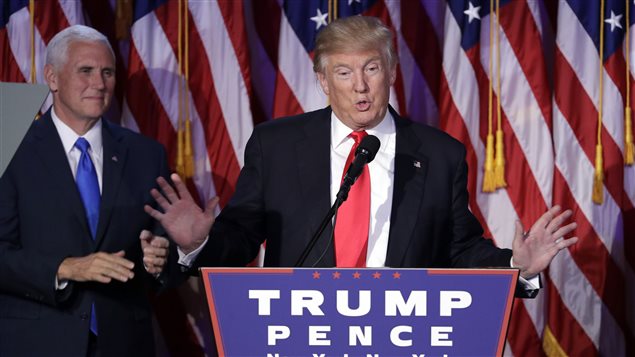
Many observers fear that Trump’s protectionist trade policies will hurt Canada’s economy, which exports about 75 per cent of its goods to the U.S.
A former high-ranking Canadian diplomat, who asked not to be named, said the Liberal government might have to ask former Tory prime ministers Stephen Harper and Brian Mulroney to act as intermediaries and use their extensive Washington contacts to build bridges between Trudeau and Trump.
Dion didn’t rule out that possibility but said that the government has its own policy and responsibilities and will engage with Washington on its own terms.
Canada’s top diplomat also refused to comment on Trump’s campaign promises to dramatically change the U.S. position on Syria, Ukraine and building a cooperative relation with President Vladimir Putin.
“We did not comment on the declarations of White House candidates, we did not interfere in this campaign and will not comment on it now,” Dion said. “What we’ll look at is what the new administration and the new president will have to offer to the world and to Canada, and we will try to be as constructive as usual.”
Focus on Africa
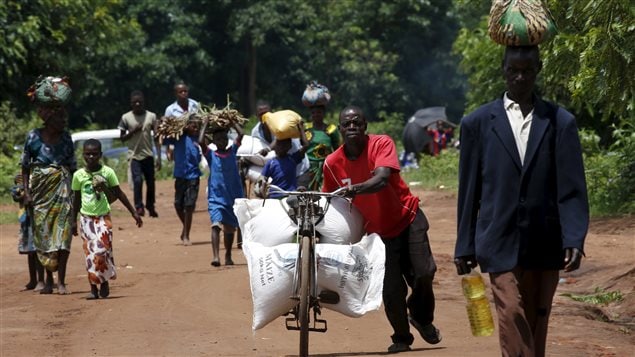
In the meantime, Canada will continue its policy of reengagement with multilateral institutions such as the United Nations, especially in the field of peacekeeping and peacebuilding. And the African continent with its multitude of challenges and opportunities will continue to be a major priority area for the Trudeau government, said Dion who has just returned from a trip to Nigeria, Kenya and Ethiopia.
“We think this continent has incredible potential, some of the economies like Kenya and Ethiopia are some of the fastest growing economies of the world,” Dion said. “You have people there who have the same right to dignity, universal human rights as Canadians that need our support.”
No decision on deploying peacekeepers yet
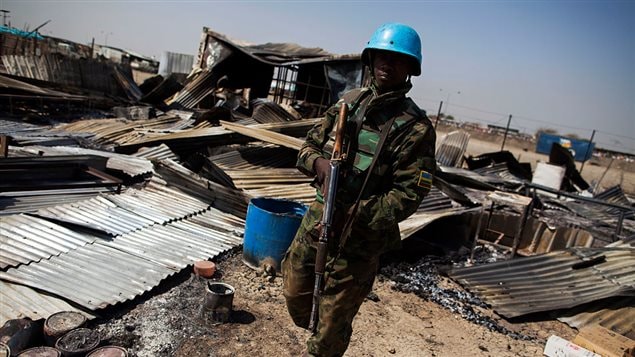
Canada also wants to help stabilize the continent and be a “determined peacebuilder,” Dion said.
In late August, the Liberals announced the government will spend $450 million over three years on a peace and stabilization fund, and will commit up to 600 Canadian soldiers and 150 police officers for peacekeeping operations.
Dion said the issue of deploying Canadian peacekeepers to Africa is still being considered by the cabinet and no decision has been made whether Canada will contribute troops and resources to multiple peacekeeping missions or bank its military and political resources on one high-profile mission.
Relations with Iran and Russia
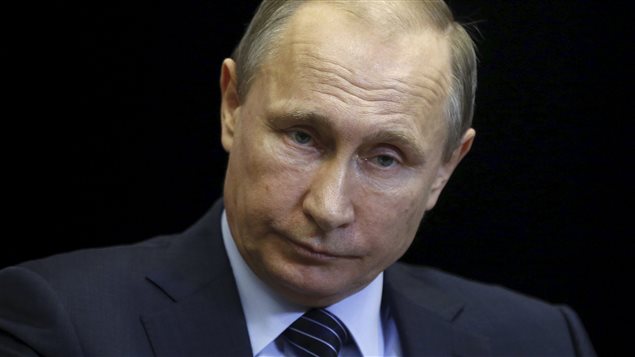
One of the foreign policy shifts announced by the Trudeau government after they assumed power a year ago, was opening a dialogue with Russia and re-establishing diplomatic ties with Iran, which were cut by the previous Conservative government in 2012.
“We have recreated a relationship with Russia,” Dion said. “It’s a way of being very frank with them about our disagreements, especially on Ukraine.”
On the other hand, it allows Canada to work with the Kremlin on issues of mutual interest such as the Arctic, Dion said.
The government has also approached the government in Tehran to discuss re-establishing diplomatic ties, Dion said.
“It’s not easy to rebuild a relationship with a country when the links have been cut,” Dion said.
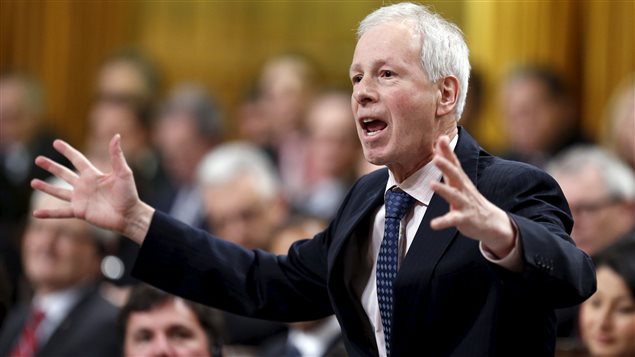






For reasons beyond our control, and for an undetermined period of time, our comment section is now closed. However, our social networks remain open to your contributions.